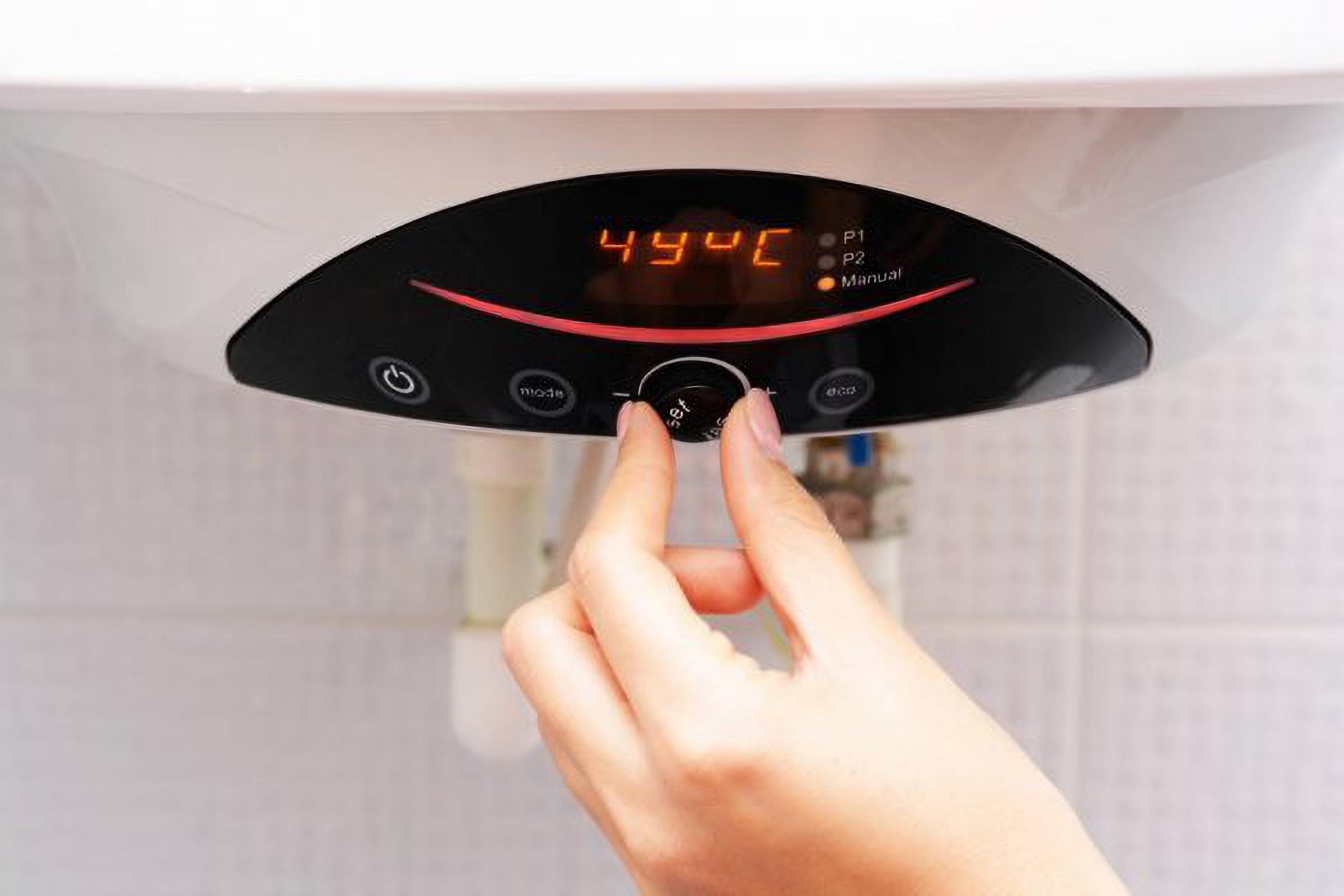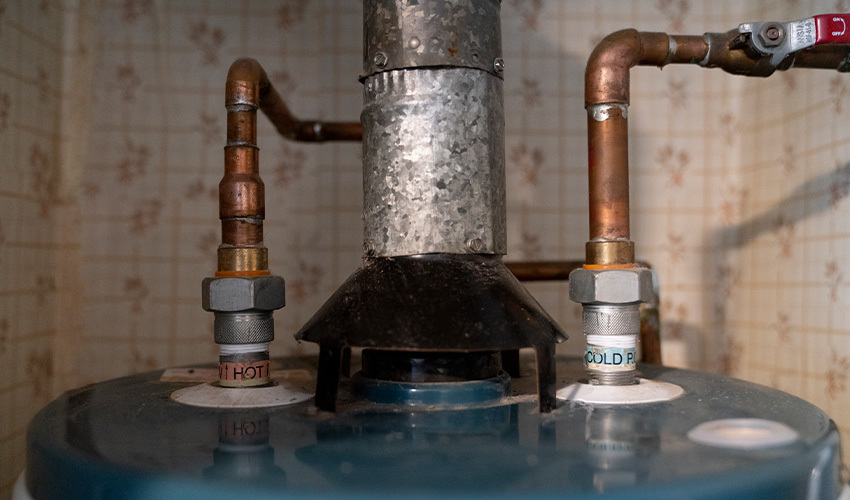Want to save with Paschal? Don’t miss our current offers and specials

Want to save with Paschal? Don’t miss our current offers and specials
Return to Paschal Resource & Education Hub

You know the scenario. You wake up in the morning, turn on the shower and your water is frigid cold. You stand there shivering waiting for it to heat up and it seems to take forever. Or maybe it’s just you. Maybe you’re last in line and the rest of your family has enjoyed a nice hot shower, but when you turn on the hot water tap the water is freezing. Neither of these situations is normal. If your hot water heater is working efficiently and holds enough water for everyone, you should have nice warm water as soon as you turn on and adjust your hot water tap.
So why does your hot water run out so quickly?
This is an obvious issue. However, it might not just be your family has a few new additions, but also that your family has matured. Whether there are more people using hot water, or more people are taking longer showers or baths, this is draining your water tank more quickly. As a result, it might just be you need a larger tank.
Another common problem is putting too much demand on the hot water at once. This could mean anything from running a dishwasher or laundry load while someone is in the shower, to two people trying to take a shower in separate showers at the same time. Also, you might find the reverse issue. You’re in the shower and suddenly you get scalded.
This can happen when someone runs the cold water when you are in the shower, or if someone flushes the toilet. The easy solution is to simply avoid putting too much demand on your hot water all at once. Although this can be a challenge in a full house, it can be coordinated to work out. Otherwise, it’s shower taker beware! Be prepared to be chilled!
It could be that your water heater is simply at the wrong setting. Ideally, you should have your temperature set to between 120 to 140 degrees. If it is below 120, simply turn up the heat. Just be careful not to set it too high as you can seriously scald someone. If you have small children, reduce the risk of burns by choosing a comfy 125.
If temperature issues are more recent, it might be because a dip tube broke. To see if this is the case, you can look for small bits of plastic that might be found in your shower head, drain strainers, or appliance filter screens. If you do find plastic bits, your water heater’s dip tube is probably damaged. It is used to send cold water to the bottom of the tank to get heated up. When it breaks cold water stays at the top and so it comes out the hot water side instead. As well, because it isn’t below to get heated, it stays cold. If this is the case, call a professional to confirm the issue and replace the dip tube.

Another issue that can interfere with hot water is sediment build up in the water tank. This happens over time as your water heater ages. If you haven’t maintained your water heater with annual system flushes, this could be the problem. Sediment is formed from loose minerals that are found naturally in water. When they settle at the bottom of the tank, it causes your tank to run out of hot water quickly.
Sediment can be things such as sand, silt, or rust that take up space in your water tank. As a result, your hot water supply dwindles. However, another issue with sediment is that your heating elements heat the sediment instead of the water, so it is slower to heat. The only way to remedy this issue is to flush out the system. While you can try doing this yourself, it might be best left to a professional from Paschal Air, Plumbing & Electric who knows how to drain the water heater without the risk of flooding your basement!
A good rule of thumb is to arrange for annual water heater maintenance. This helps you avoid issues such as sediment build up and also provides a check-up to spot issues like broken dip tubes.
If you’re running the dishwasher, doing a load of towels, and showering at the same time, chances are you’re just running your water heater to its limits. Choose which hot water activity you need right now, turn off the others, and restart your unit. Many times, this is just due to too many faucets being run at once, like your shower and the kitchen sink. For example, taking a shower and running the dishwasher at the same time can stretch a tankless water heater to its limit. To overcome this problem, you can install two or more tankless water heaters, connected in parallel for simultaneous demands of hot water. You can also install separate tankless water heaters for appliances — such as a clothes washer or dishwater — that use a lot of hot water in your home.
Most electric water heaters use two heating elements (one near the top of the tank and one at the bottom). The lower element does most of the heating because water gets hot via conventional currents.
This means that cold water comes to the bottom; when it gets hot, this liquid rises to the top. The element at the top, therefore, only works periodically to maintain constant water temperature. When the lower element gets damaged, there will be a noticeable drop in the amount of hot water produced.
What are a few reasons that your lower heating element can fail? A few situations that can result in this type of water heater problem include:
This is where we come in. As your Northwest Arkansas, Fort Smith River Valley & Southwest Missouri water heater specialists, we can provide water heater maintenance, repairs, and replacement so you never worry about cold showers again. Give us a call today!
We love helping you with your HVAC, Plumbing & Electrical problems, big and small. For more tips and tricks for your home, follow us.